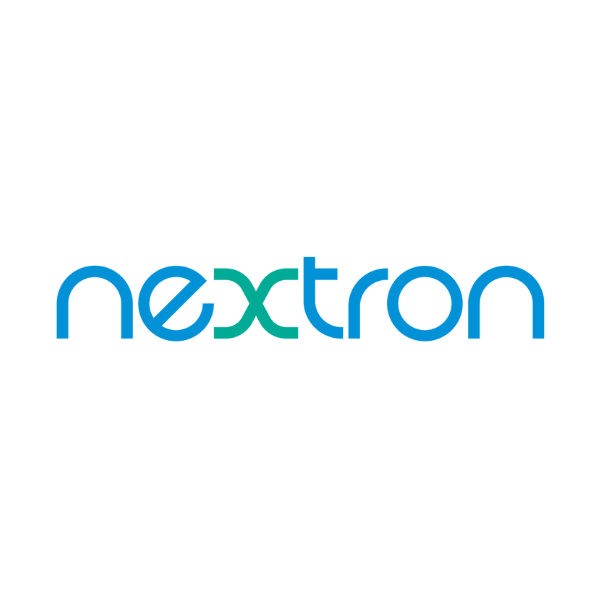Dive Brief:
-
Medtronic has warned users of its MiniMed 600 series insulin pumps of a fault that could lead to hypoglycemia or hyperglycemia.
-
In a letter sent to customers last week, Medtronic revealed the retainer ring that locks the reservoir to the pump can be lost or damaged, resulting in over or under delivery of insulin.
-
Medtronic is advising patients to check their retainer rings. Patients with damaged or missing retainer rings should stop using the insulin pump.
Dive Insight:
The MiniMed 670G insulin pump has been a recent highlight of Medtronic's diabetes division, driving growth in the U.S. last year and underpinning a 19% jump in international sales in the most recent set of results.
However, Medtronic has now found a fault with the pump and its sibling, the MiniMed 630G. The fault stems from the loss of or damage to the retainer ring, which Medtronic said can break if the pump is dropped or bumped.
Without a working retainer ring, the MiniMed devices can malfunction in one of two ways. In some cases, the problem may result in the rapid infusion of insulin, leading to hypoglycemia. Alternatively, the presence of a space between the pump and the reservoir that should be occupied by the retainer ring could hinder the flow of insulin, resulting in hyperglycemia.
Given the potential harm each of these scenarios could cause, Medtronic is asking all users to check their devices and stop using them if they find a problem with the retainer ring. Medtronic also wants users to check the rings routinely.
The 600 series MiniMed devices were the subject of a Class 2 FDA recall earlier this year after it was discovered that the pump keypad could "become temporarily stuck." Medtronic first flagged that issue in an urgent field safety notification last year. The 600 series pumps were not affected by the cybersecurity problem that triggered a Class I recall of MiniMed 508 devices earlier this month.
Medtronic disclosed news of the latest problem days after it set out plans to reinvigorate its diabetes unit under the leadership of Sean Salmon, who was recently appointed to run the unit. Salmon will report to Geoff Martha, who is set to take over as CEO next year.











